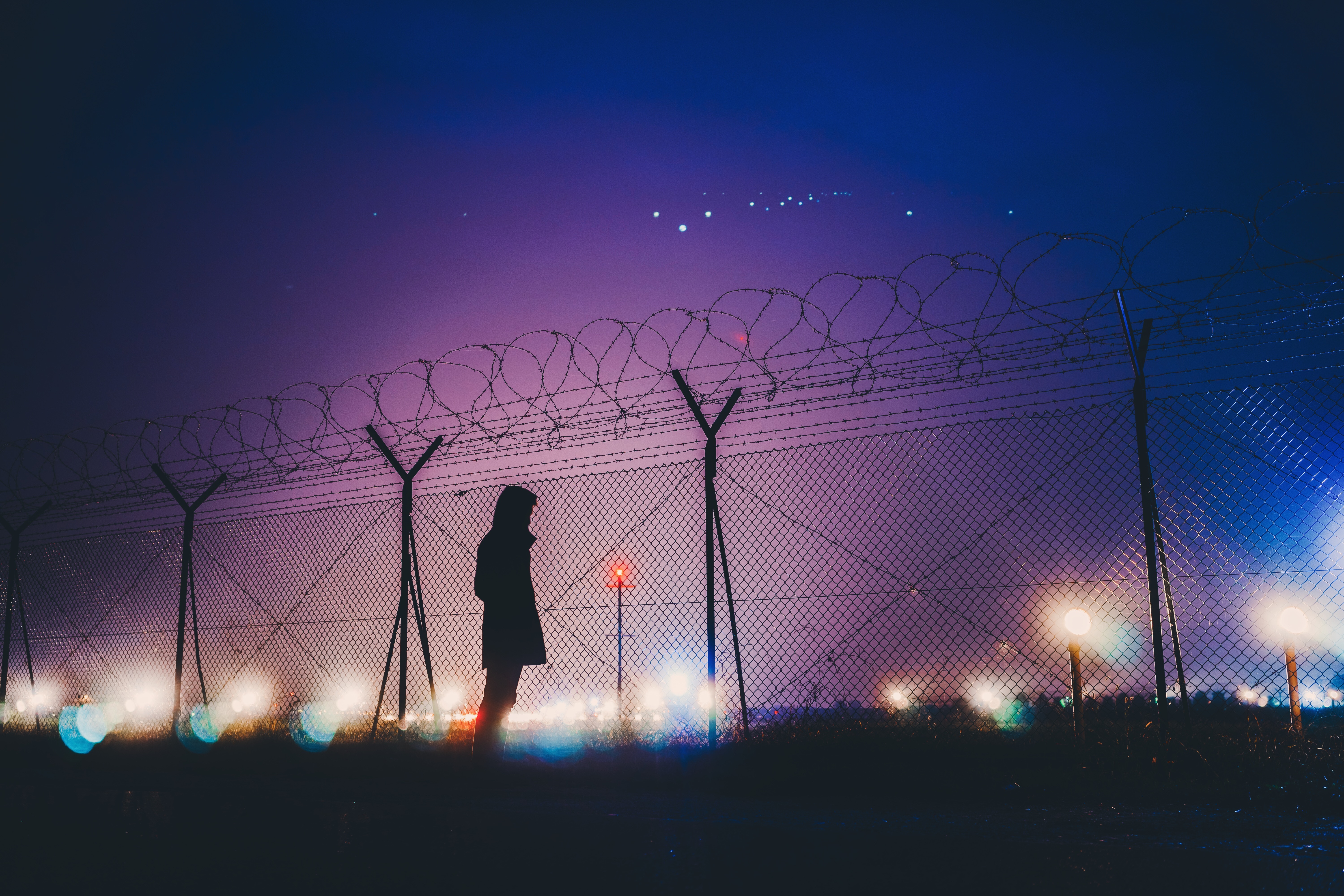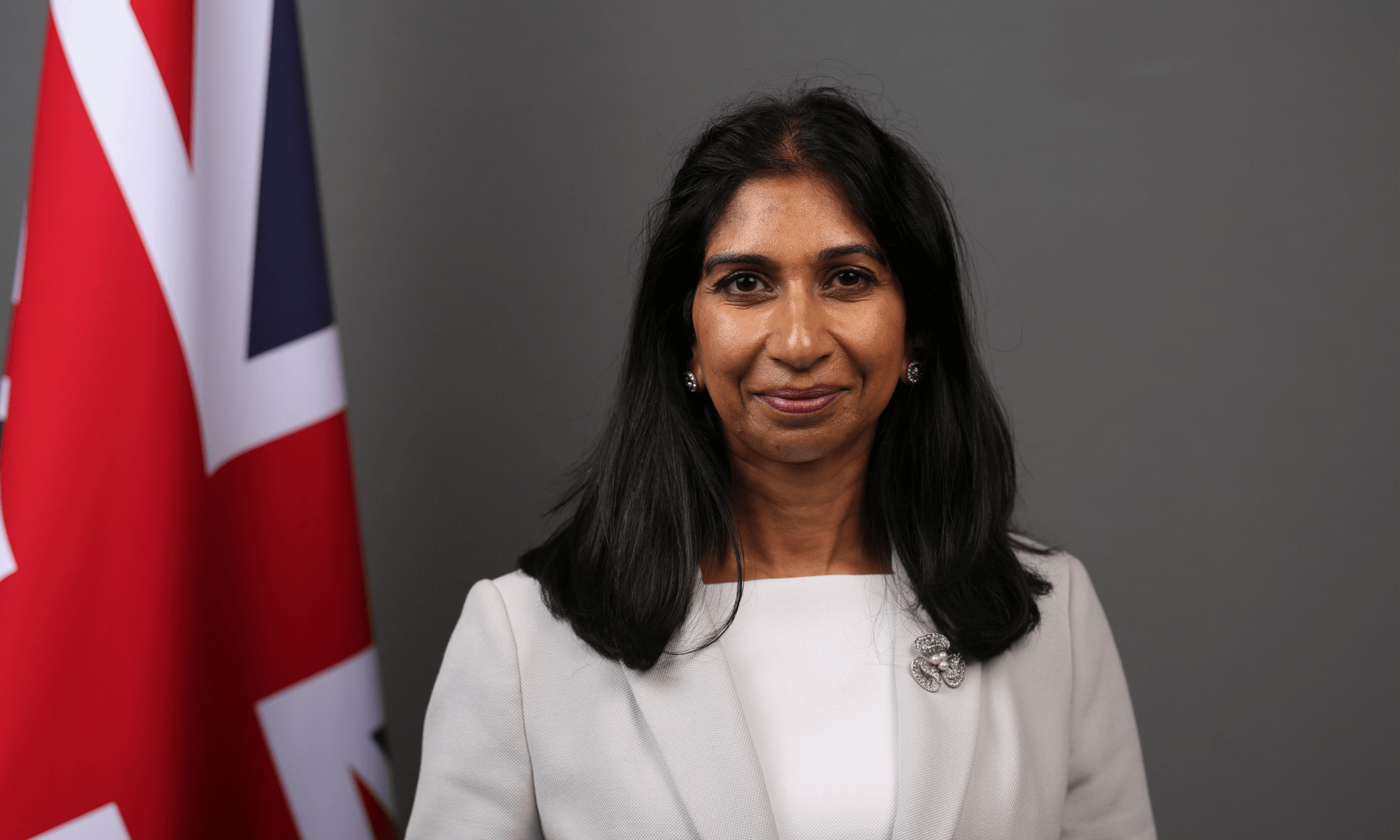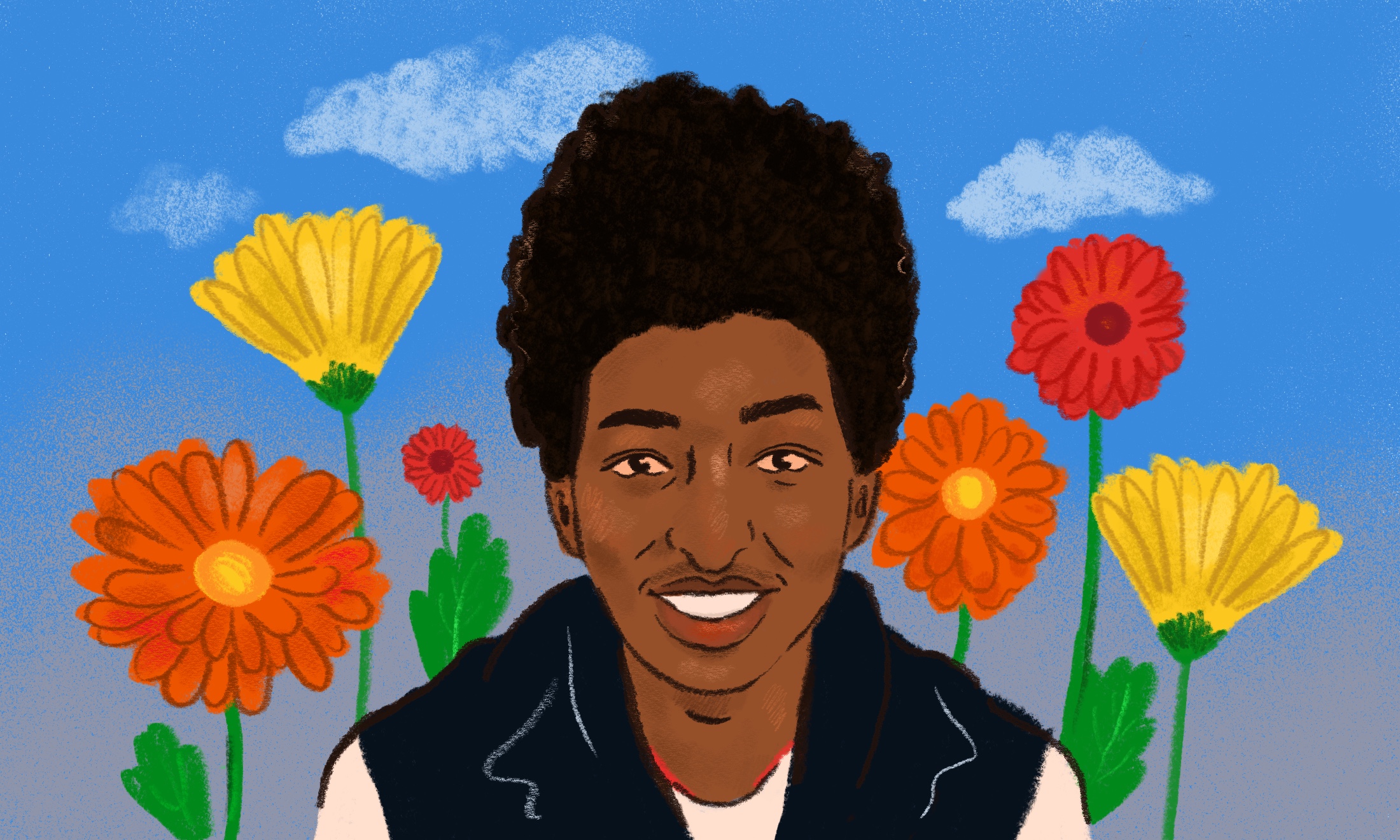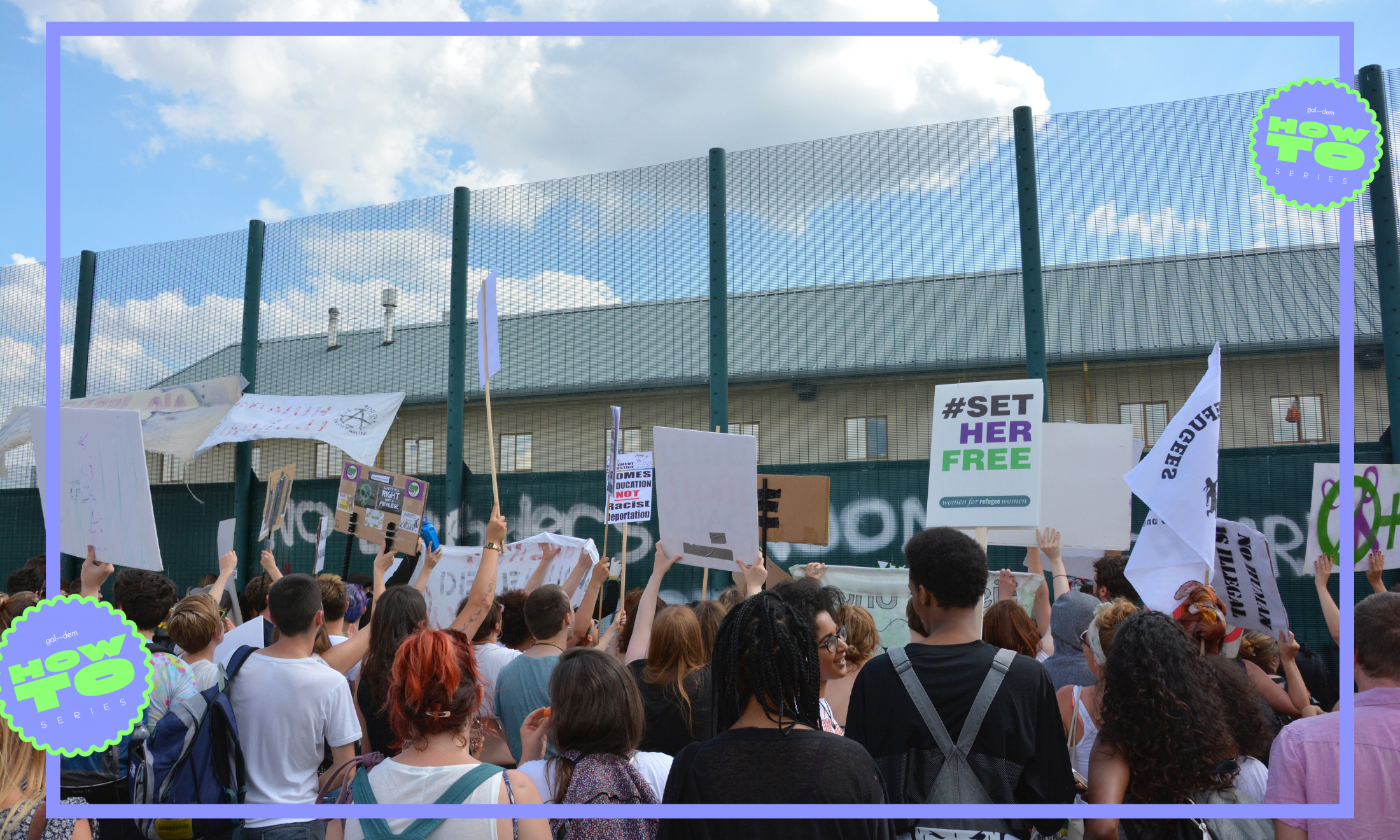
We should be alarmed about Dublin’s upcoming immigration detention centre
Ola Majekodunmi
02 Oct 2017
Young people from immigrant backgrounds who, like me, grew up in Ireland, are the “new-Irish”, and whether people like it or not we are a part of Irish society. The growing urban scene is reflective of this long-term demographic shift: Irish people of colour such as Hare Squead, Soulé, Rusangano Family, Jafaris and many more are making waves in the Irish music circuit. Nonetheless, it is remarkable that some people in Ireland still find it hard to believe that non-white peopler can be Irish, despite the fact that people of colour- such as celebrated singer Rachel Baptiste- have been in Ireland since 1750s.
In spite of – or perhaps in willful contradiction to this, work on the new immigration detention centre at Dublin airport is due to begin this month, with completion set for July 2018. Immigration detention centres are a form of border control which imprisons people whilst a government decides whether to permit entry to the country (or to effect a removal or deportation).
Currently, there isn’t a dedicated facility in Ireland for detaining people that the authorities are attempting to deport, which means that individuals can be held in prisons under immigration powers. The larger context of the plans for a new detention centre is a raft of immigration and border policies and practices which systematically alienate and marginalise migrants in Ireland.
In July, Ireland faced international criticism after a Brazilian woman, Paloma Aparecida Silva-Carvalho, was stopped at Dublin Airport, strip searched, and detained at the Dóchas Centre in Mountjoy prison despite having proof of her return flight booked for the following month. Questions were asked about the grounds under which Ms Carvalho was interrogated by immigration officials, and Social Democrat co-leader Catherine Murphy described her treatment as “hugely inappropriate”. Ms Silva-Carvalho was released from Mountjoy later in July and given permission to stay in Ireland until 2 August.
In the same month, another Brazilian woman Maria Dulcinia Silva, was interrogated at the airport when she arrived in Dublin with plans to visit her grandchild who had been born premature with various health complications. Immigration officials made phone calls to Ms Silva’s son-in-law upon her arrival, and interrogated him about how much money Ms Silva was carrying – demanding that he confirm his salary and detail any assets that the family possessed. Three days later, baby Lorena died. The general assumption made in both Ms Silva’s and Ms Silva-Carvalho’s cases was that these women were likely to be poor migrant women seeking low-paid labour, and therefore could not possibly have enough money to visit Ireland as a tourist.
Beyond Ireland’s ports of entry, migrant communities, especially those seeking asylum, face another set of obstacles and hostilities when navigating day-to-day life. Direct Provision – the system that provides food, accommodation and utilities to asylum seekers in the Republic of Ireland, is a significant part of this process. Asylum seekers who are accessing Direct Provision – almost 2,000 of whom are “housed” in Direct Provision centres comprised of mobile homes and hotel rooms – live in a constant state of “limbo” as they await recognition on their asylum applications.
Direct Provision is a relentlessly repetitive system, obliging people who are seeking asylum to abide by daily orders and set rules, with most centres restricting residents from cooking their own food. People living under Direct Provision are also denied the right to work, and adults receive a weekly income of just €19.10. The i Welcome Campaign which calls on the Irish government to “end the inhuman system of Direct Provision” notes that “the average wait time in Direct Provision is 4 years, but some remain in the system for as long as 10 years or more”. The campaign also states that a third of the Direct Provision population are children, many of whom were born inside the system, and have never experienced life outside of “institutionalised living”. These conditions have a devastating effect on individuals’ mental health: many people in these centres become suicidal and engage in self-harming.
The Irish Immigrant Support Centre (Nasc) explains that: “the Direct Provision system was established in 2000 […] as an ‘interim’ solution to the high numbers of asylum seekers entering the State in search of protection, and concerns about a growing risk of homelessness for that population”. As with the management of the immigration detention estate in other parts of the UK, Direct Provision is run by the state and private contractors, without an appropriate, robust and impartial complaint mechanism. This makes Direct Provision a profitable and beneficial business: in 2014 the Irish Times revealed that 17 firms that run 34 accommodation centres across the state receive about €50 million a year. Furthermore, many of the larger companies thatrun Direct Provision create unlimited companies with offshore parent firms in order to obfuscate their profits.
We should be incredibly alarmed that Ireland’s approach towards Direct Provision – a system that outsources the support given to people seeking asylum to companies that prioritise profit over people – will be replicated within the management of its new detention centre. A recent BBC Panorama documentary revealed the level of abuse meted out by staff within England’s G4S-run Brook House Immigration Removal Centre (IRC). In March 2015, secret footage obtained by Channel 4 exposed guard’s contempt and verbally abusive treatment of women in England’s Yarl’s Wood IRC. In the footage a guard says of a detainee: “headbutt the bitch; I’d beat her up”, with another guard saying: “They’re beasties. They’re all animals. Caged animals. Take a stick with you and beat them up” to a colleague.
Time and time again, detention centres are proven to be toxic and violent environments, where profit-making companies incarcerate disproportionately working class people of colour indefinitely, around half of whom have come to the UK fleeing conflict, abuse and violence.
In a 2004 Irish referendum on the 27th Amendment of the Constitution Bill, “79% of the population voted in favour to stop automatic citizenship to those born on this island by non-Irish nationals”. This directly contradicts what was promised to the Irish Free State in 1922, whose constitution stated that every person who is born in Ireland is an automatic citizen. Considering that it wasn’t long ago that signs proclaiming “No blacks, no dogs, no Irish” were placed in the windows of pubs and B&Bs in England, it’s painful to accept that the government of a nation of people now popular as emigrants abroad would enforce such hostility towards immigrants coming into Ireland.
Widespread abuse in the UK’s detention estate must act as a solemn cautionary tale. Ireland’s model of Direct Provision tells a sombre story of our government’s treatment of migrant communities, and if this centre is completed, it will simply act to fortify the web of hostilities that have already been created to alienate migrant communities in our country.

Britain’s policing was built on racism. Abolition is unavoidable

How Pakistan’s Khwaja Sira and transgender communities are fearing and fighting for their futures

Their anti-rape performance went viral globally. Now what?






